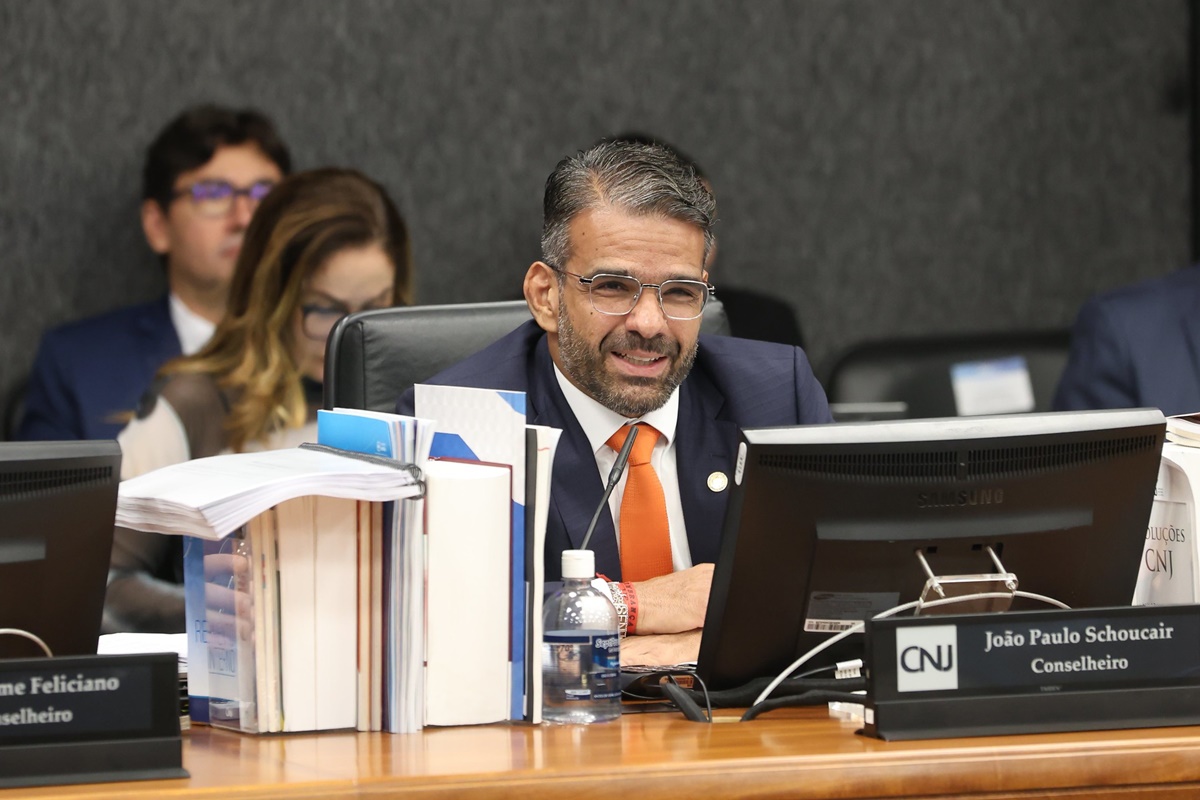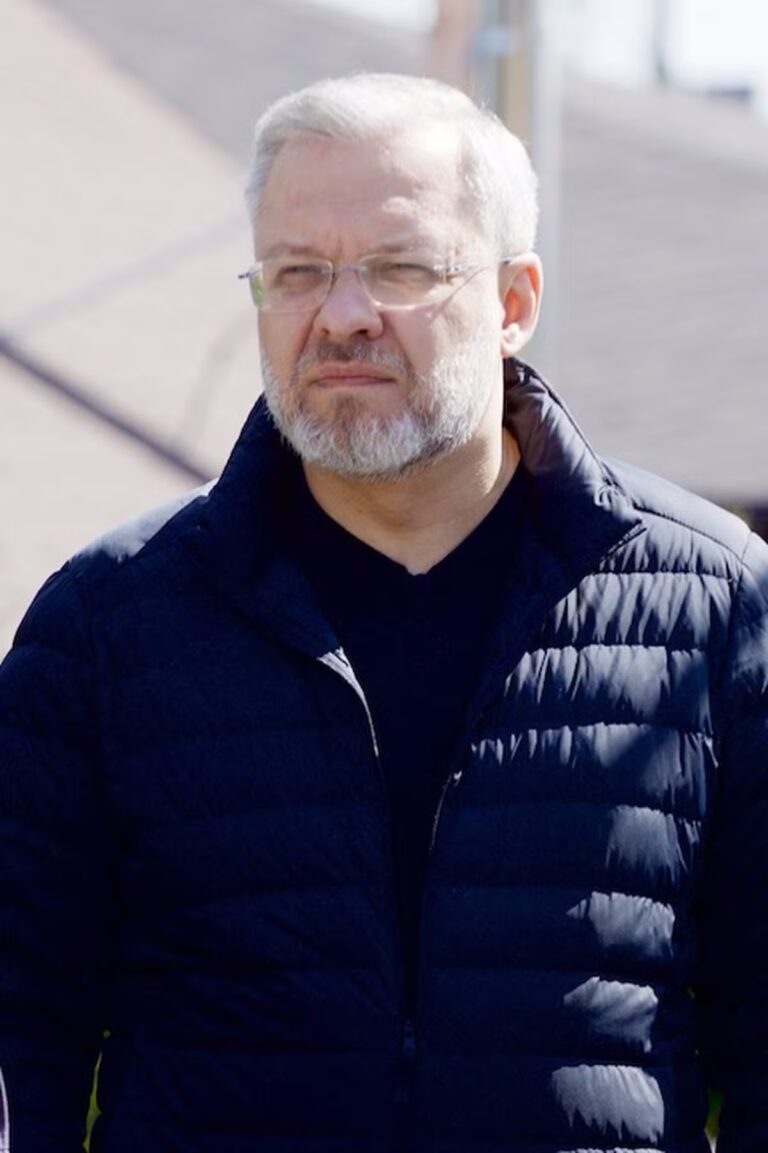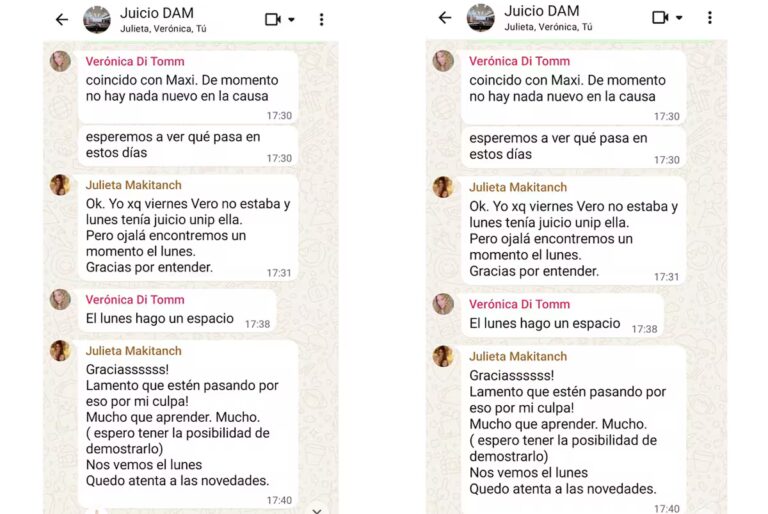
The plenary session of the National Council of the Judiciary (CNJ) approved this Tuesday (11/11) a normative law increasing the minimum percentage of racial quotas in public judicial contests from 20% to 30%.
The measure currently targets not only black and brown people, but also indigenous peoples and quilombolas, with specific identification criteria and mechanisms in place to verify declared status.
The new resolution will now apply to competitions with two or more vacancies. The CNJ also plans to strengthen mandatory gender confirmation processes for black and brown people and establish a committee made up of experts from a variety of fields.
In the case of indigenous peoples and quilombolas, the affirmation of self-declaration involves the participation of members of the group, also taking into account territorial, historical and linguistic belonging.
Please also read
-
Brazil
CNU and racial quotas: Judiciary admits error in panel evaluation
-
Brazil
MPF recognizes flaws in racial quotas denied to blacks at CNU
-
federal district
UnB: Approval of drug abolished due to racial quotas goes to court
-
Rodrigo França
Racial quotas: Justice in debates within the judiciary.
According to Councilor João Paulo Choucair, rapporteur of the process, the expansion is an important step to tackle structural inequalities and ensure greater representation in the civil service.
“This year is Black Consciousness Month, and Brazil has a historical debt on this issue. We were one of the last countries in the world to break the bonds of slavery, and those bonds are still very strong,” he said.
Minister Edson Fassin, President of the CNJ and the Federal Supreme Court (STF), stressed that the fight against racism and discriminatory practices is permanent.
“I reiterate the need for the Council to continue to foster the evolution of these policies based on evidence, dialogue and an ethical commitment to substantive equality, striving to ensure that the judiciary increasingly becomes a mirror that faithfully reflects the reality of the Brazilian people themselves,” Fassin declared.



